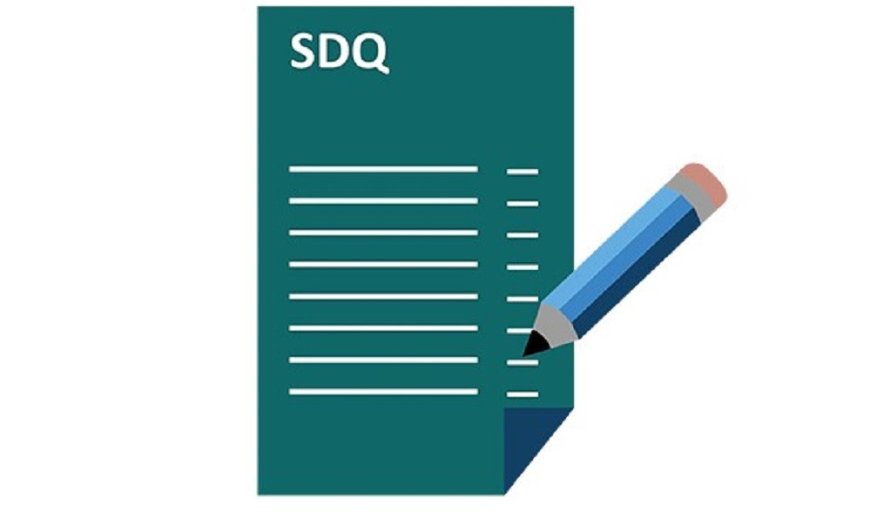Strengths and Difficulties Questionnaire
mental difficulties in minors. It gives us a very simple but informative profile of the child. Strengths and Difficulties Questionnaire.

The SDQ test allows for the early detection of mental difficulties in minors. It gives us a very simple but informative profile of the child. Strengths and Difficulties Questionnaire.
It is estimated that 15% of the child population suffers from certain mental disorders. However, it is difficult to detect and make accurate diagnoses because in many cases the line separating clinical symptoms rubs or is confused with symptoms that do not indicate a disorder.
The SDQ test we will talk about today is a great tool for identifying possible mental health problems in children and adolescents.
Childhood is a key stage in which early detection can prevent the disorder from progressing and other mental problems from arising.
But in addition, it's a great time to improve the quality and abilities of your baby. Therefore, this comprehensive questionnaire shows us both its weaknesses and strengths.
SDQ test for early detection
The Strengths and Difficulty Questionnaire (SDQ) is a screening test. This means it is designed to perform an initial screening and detect possible risks. Later, you will need to confirm and complete the assessment in depth with other instruments. However, it is a very valuable starting point.
It is a simple 25-item test divided into five scales. Four of them assess difficulties, and the last one measures pro-social behavior. It can be used in minors aged 4 to 16 years. It has versions that must be completed by parents, teachers or the children themselves if they already have the necessary cognitive maturity.
Each sentence has three answer options: not true, a little true, absolutely true. Based on the responses, a score is obtained for each area assessed, as well as an overall severity index. The scales that make up the test are as follows
Must Read: What Benefits Do They Bring Children?
Emotional symptoms
- He often complains of headaches, abdominal pain or nausea.
- He has a lot of concerns. He often seems anxious or worried.
- He often feels sad, discouraged, or tearful.
- He is nervous or needs help in new situations. Easily loses confidence.
- He has many fears and is easily afraid of him.
Behavior problems
- He often has tantrums or temperaments.
- Generally he obeys, usually does what adults ask him to do.
- He often beats or teases other children.
- He often lies or cheats.
- Steals things at home, at school or elsewhere.
Hyperactivity
- He is restless, hyperactive, he cannot stay still for a long time.
- He's always moving and unruly.
- They are easily distracted and has trouble concentrating.
- He ponders before doing something.
- He finishes what has started, he is able to focus.
Problems with peers
- She is rather lonely and usually plays alone.
- He has at least one good friend.
- Usually other kids like him.
- Other children tease or call upon him.
- He is better with adults than with other children.
Pro-social scale of the SDQ test
- He takes into account the feelings of other people.
- It often shares with other children.
- Offer help when someone is injured, upset or sick.
- He treats younger children well.
- He often offers to help parents, teachers or other children.
Correction and interpretation of the SDQ test
Only the first four scales are taken into account for correction (excluding the scale of pro-social behavior). On their basis, the degree of difficulty is obtained, which will determine whether further tests are necessary due to the detected anomalies.
The result was obtained as follows: for each statement, the answer "false" adds zero points, "somewhat true" one point, and "absolutely true" two points. Except for items in bold where "untrue" adds two points and "absolutely true" zero, leaving the second option the same.
If a score of 16 or more is achieved, it is considered that there are emotional or behavioral difficulties and an in-depth evaluation is required. For this reason, this questionnaire is especially useful in common situations such as GP or school.
In this way, symptoms that would otherwise not be identified can be detected early. This will allow for proper evaluation, diagnosis and intervention that will minimize the impact of the disorder, slow its course and prevent future problems.
